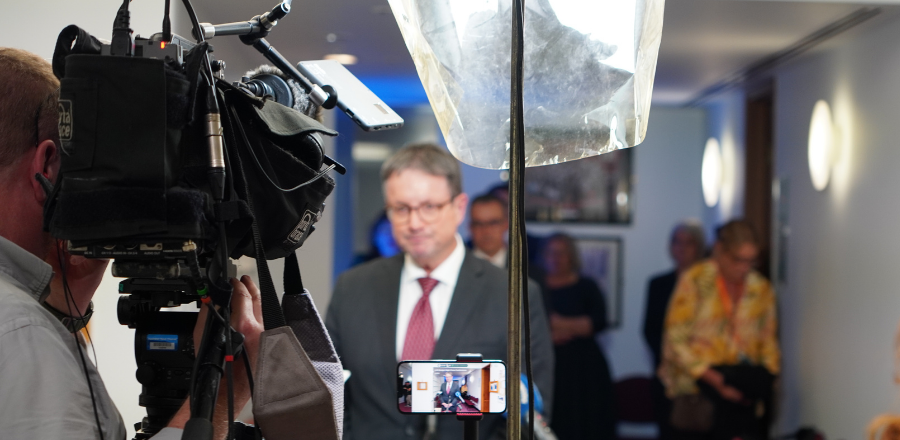AMA responds to lacklustre federal budget
The federal government has delivered the 2024–25 budget, which received a “B-minus” on AMA President Professor Steve Robson’s score card.

AMA President Professor Steve Robson was at Parliament House on Tuesday night to provide the AMA’s initial reaction as Treasurer Jim Chalmers handed down his third federal budget.
The budget contained some welcome investments, including the freezing of the PBS copayment at $7.70 for five years for concession card holders and $31.60 until 2026 for everyone else.
This will provide modest relief for patients, notwithstanding the federal government’s misguided decision to phase out the optional $1 discount on copayments.
Professor Robson also welcomed an additional 24,100 home care packages, as well as the indexation of Medicare funding for some pathology services and increased rebates for women who have endometriosis and chronic pain.
However, the budget was filled with missed opportunities and Professor Robson urged the federal government to treat health as an investment, not a cost.
“We know that investment (in health) pays off. We have not seen a lot of investment tonight,” Professor Robson told the media on Tuesday night.
While the AMA welcomed a significant investment in general practice in last year’s budget, there was little in the way of new funding to tackle critical GP shortages.
“We know there are general practices around the country that would benefit from … funding and probably be able to open for longer and offer the sort of services that are available through the so-called urgent care centres,” Professor Robson said.
“We've also had a huge, missed opportunity around the MyMedicare system. We know that rates of mental health conditions (and) rates of chronic disease are skyrocketing around the country, and there was the opportunity tonight to breathe some life into the MyMedicare system and deliver funding.”
The budget was also missing details about how the federal government, together with the states and territories, will address the country’s public hospital logjam crisis as negotiations over the National Health Reform Agreement drag on.
Professor Robson also highlighted the missed opportunity of a 20 per cent tax on sugary drinks, which could raise $1 billion a year at a time of budgetary pressure.